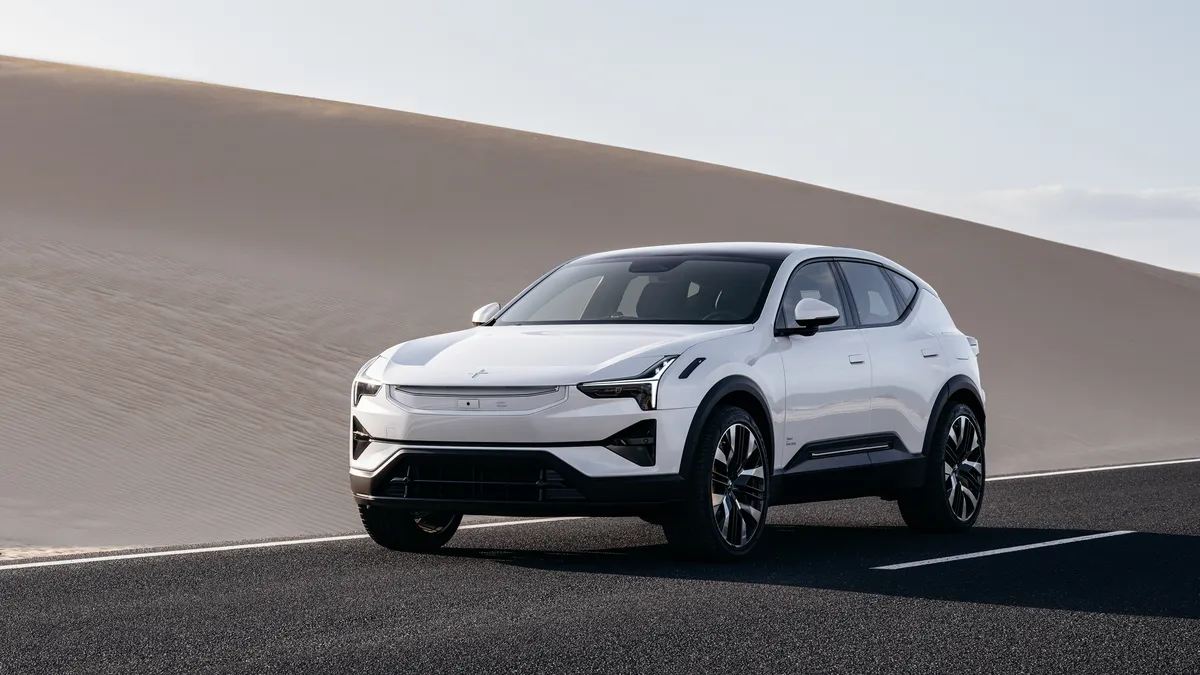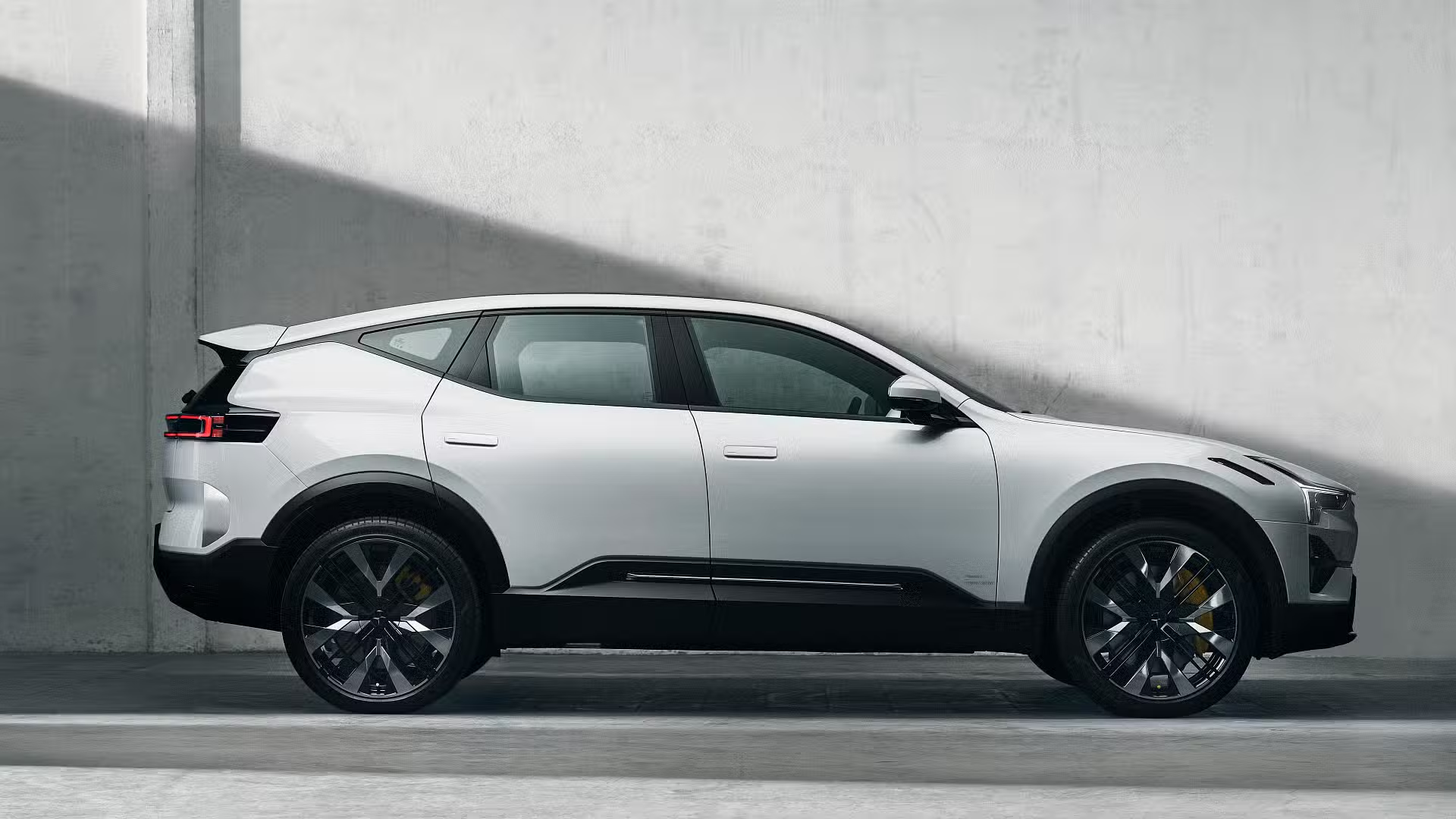President Joe Biden’s new announcement about putting 100% tariffs on possible imports of electric vehicles and batteries from China is getting a lot of attention worldwide. The goal is to stop China from flooding the market with its electric cars and controlling the battery supply. But this move might accidentally hurt American brands already selling electric cars.
During the international launch of Polestar 3 and Polestar 4 in Madrid, Biden’s tariff announcement took center stage, throwing a wrench into the plans of the Sino-Swedish brand. Polestar CEO Thomas Ingenlath expressed uncertainty about handling the situation, stressing the need for clarity and understanding of the new rules.

The entire auto industry appears blindsided by the tariff announcement, with companies like General Motors still assessing its immediate effects. Polestar finds itself particularly vulnerable, despite efforts like producing the Polestar 3 in South Carolina and sourcing U.S. versions of the Polestar 4 from South Korea.
However, both the Polestar 3 and Polestar 4 rely on batteries from Chinese provider CATL, subject to increased import tariffs, potentially raising production costs significantly. The Polestar 2 sedan, entirely manufactured in China, faces even steeper tariffs, raising concerns about its viability in the U.S. market.
While Polestar maintains its announced pricing for the Polestar 3 and 4, uncertainties loom over the Polestar 2’s future pricing and profitability. With Polestar’s stock performance and sales figures under scrutiny, the Polestar 2’s potential as a volume-selling, entry-level model is uncertain.
Meanwhile, Geely’s Vice President Ruiping Wang in China emphasized streamlining brands under Geely’s control through shared parts and common platforms. Ingenlath sees this as a positive move, highlighting Polestar’s access to Geely’s resources as advantageous for the company’s future endeavors.

